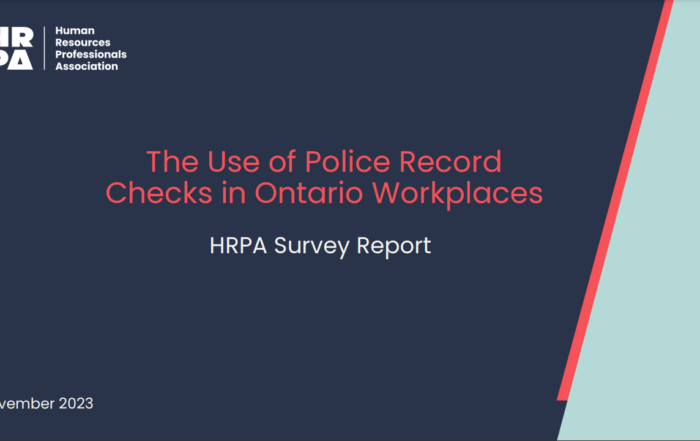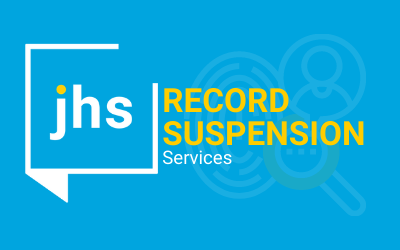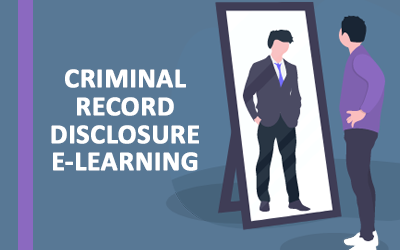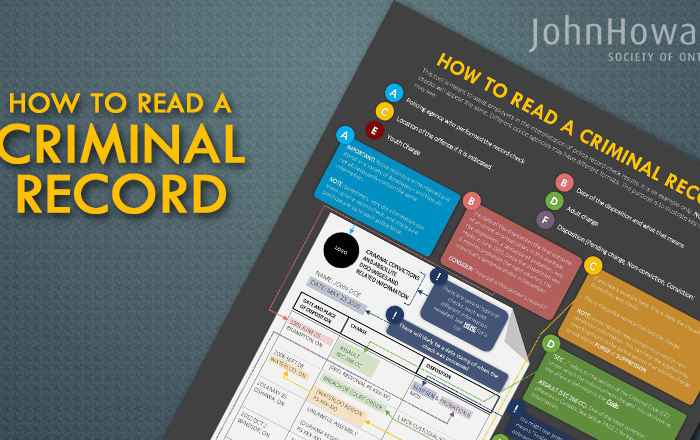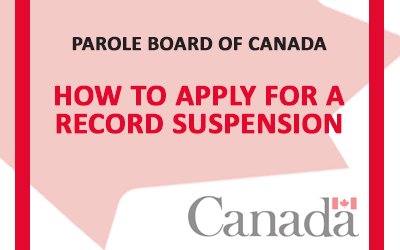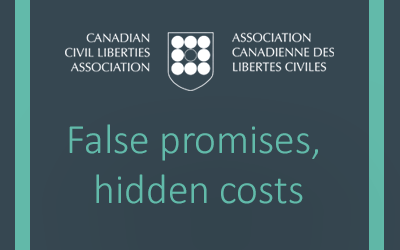For Individuals
This section of the HUB provides content such as information, guides, toolkits, research and other resources for Individuals with records, Legal Professionals and Service Providers working with people who have records.

Rights and Protection of Those Applying for a Criminal Record Check
In recent years, there has been an increase in requests for employees and volunteers to provide police record checks at the time of hiring. These record checks can be privacy-invasive and lead to discriminatory treatment, so it is important for you to know what laws apply to organizations requesting a record check.
1. Consent and Privacy
Organizations generally cannot get your police record information without your consent. You should be asked to sign a form consenting to the release of specific information. You should always read the details on the consent form to find out exactly what type of check you are consenting to. You can learn more about the types of record checks available in Ontario and what they reveal using the resources available below. In addition, the law in Ontario requires that police record checks be returned to the individual, which means it will be up to you whether or not to share the results with your employer. There are cases where companies use a “self disclosure” form where you are asked to declare what records you have, and the consent form would permit the police to share the results directly with a potential employer. This is why it is very important to review consent forms closely.
If you don’t understand something on your criminal background check, you have the right to ask the police records management department to answer any questions you might have. If you think the information on your criminal record is not accurate, there are steps you can take. For more information, click here.
It is also important to remember that just because you obtained a criminal background check, it does not mean that you absolutely need to give it to the employer requesting it. What you do with your criminal background check is completely up to you. However, if you don’t provide your record check in instances where an employer has requested one, this could negatively impact your ability to get the job you are applying for. See our E-Learning tool to explore the potential impacts of disclosing or not disclosing your record:

Criminal Record Disclosure E-Learning
This is an e-Learning course on telling a potential employer about your criminal record.
By the end of it you will understand:
- The advantages and disadvantages of disclosing a criminal record
- Your legal rights regarding criminal background checks
- Tips and techniques on how to effectively disclose a criminal record
2. Human Rights Legislation in Ontario
In some circumstances, organizations’ ability to request and use information from your police record will be limited by human rights law. Ontario’s human rights legislation, the Ontario Human Rights Code, only protects people from discrimination if they have a pardoned conviction (now known as a record suspension). There are also human rights protections for individuals who have a conviction for any provincial offence, such as offences under the Highway Traffic Act. These existing human rights protections mean that in most circumstances (with a few exceptions), an employer cannot refuse to hire you because of your pardoned convictions or record of provincial offences.
Unfortunately, however, there is no clear human rights protection in Ontario for individuals with police records or convictions that have not been subject to a pardon (or record suspension). That means that an employer can legally choose not to hire you because you have a criminal record. That being said, if you have the opportunity to discuss your police record with a potential employer, you may get an chance to explain it and tell them why they should still hire you as the best candidate for the job. Check out our E-Learning tool on for some helpful tips and videos.
3. Special protections for youth records
Youth records – generally speaking, records created when an individual was accused of a crime between the ages of 12 and under the age of 18 – are subject to special privacy rules. These records are governed by the Youth Criminal Justice Act. Most employers are not allowed to see or know about your youth record. Here is a guide on how to answer employer questions specifically about youth records: http://youth.cleo.on.ca/en/getting-job/employers-questions/
How does having a youth record affect me?
Steps to JusticeSteps to Justice
Visit Steps to Justice for an interactive guide on how does having a youth record affect individuals.
Information on Youth Records
Justice for Children and YouthJustice for Children and Youth Wiki - Youth Records
Resource with relevant information regarding youth records.
Police Record Check Reform Act
Canadian Civil Liberties AssociationCanadian Civil Liberties Association
What you need to know about the new Police Record Checks Reform Act.
Record Suspensions (Pardons)
A Record Suspension (formerly called a pardon) is an order that keeps a person’s criminal record (of convictions) separate and apart from other criminal records. This means a person’s convictions will not be revealed on criminal record checks. It does not erase a criminal record. Record suspensions allow people who have made positive life changes to be freed from many of the negative impacts of having a criminal record.
The following are great resources if you are thinking of applying for a record suspension:





